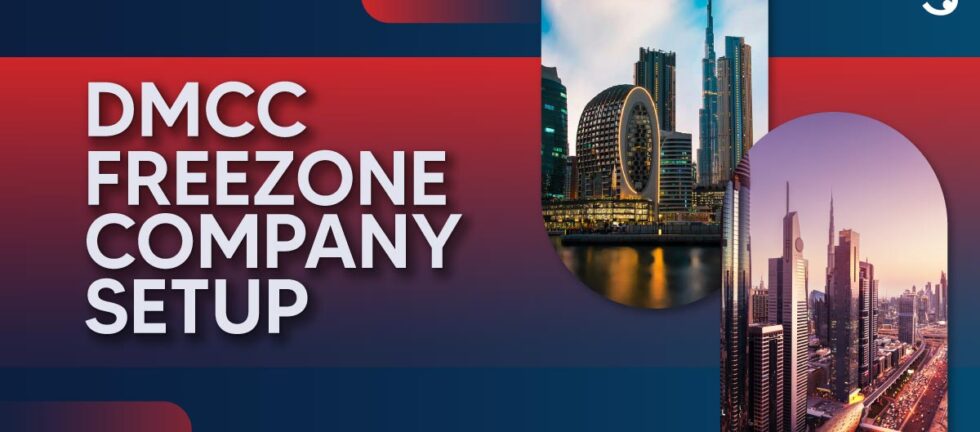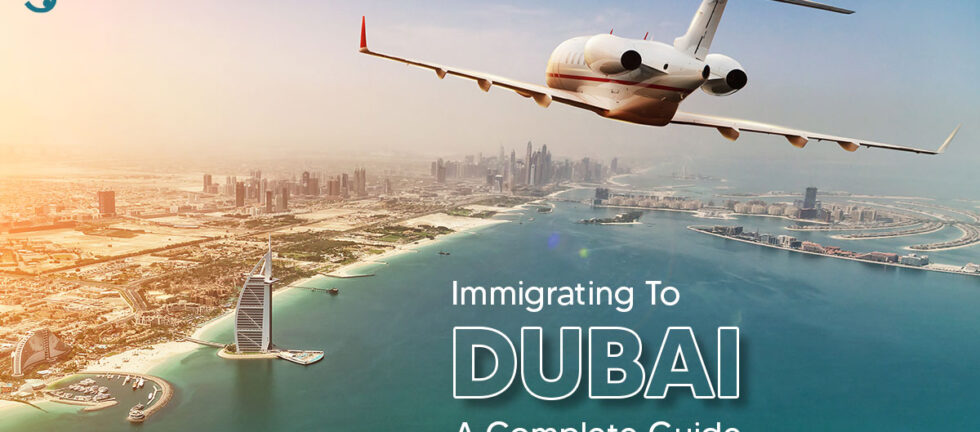What is the Cost of a Trade License in Dubai?
If you’re thinking about starting a business in Dubai, one of the first things you’ll need to consider is obtaining a trade license. A trade license in Dubai is a legal document that allows a business to operate in a specific industry or location. It is a crucial requirement for all businesses in Dubai, ensuring that they are operating within the law and contributing to the local economy. Trade license acts like a government-issued ID, specifying the activities your company is authorized to conduct. Without it, you simply can’t operate legally. Now, the question on every entrepreneur’s mind is: how much does a trade license cost in Dubai? The answer, like Dubai itself, is dynamic. While there are base fees involved, the overall cost can vary depending on your specific business activities and chosen legal structure. Therefore, we are here to explore everything you need to know about a Trade license in Dubai, how to obtain one, and all the costs involved, so you can make informed decision for your entrepreneurial journey. What is a Trade License in Dubai? A trade license in Dubai is basically a permit issued by the Dubai government that allows you to legally conduct business activities within the city. It’s like an official stamp of approval saying you meet all the regulations and requirements to operate a business there. Why is it necessary for businesses? It gives your business legal sanction to operate. Without a license, your business would be considered illegal and you could face fines or even closure. A trade license also signifies that you’ve gone through the proper channels and met government standards. This can help build trust with potential customers, partners, and investors. Types of Trade Licenses in Dubai There are different types of trade licenses available in Dubai, each catering to a specific kind of business activity. Here are the main license types: 1. Commercial License This is the most common type of license, issued to businesses involved in buying and selling goods, commodities, or services. This can include trading companies, retail stores, import-export businesses, and restaurants. Read More: Commercial License in Dubai 2. Industrial License This license is required for businesses that are involved in manufacturing or industrial activities. This includes things like factories, workshops, and assembly plants. Read More: Industrial License in Dubai 3. Professional License This license is for businesses and professionals providing services that depend on their academic qualifications and technical skills. This could include architects, engineers, lawyers, consultants or any other businesses offering professional services. Read More: Professional License in Dubai 4. Tourism License This license is specifically for businesses operating in the tourism sector, such as travel agencies, tour operators, or companies offering various tourism-related services. Read More: Tourism License in Dubai 5. Agriculture License This is a specialized license issued to businesses involved in agricultural activities like farming, fishing, and animal husbandry. To know which trade license would be suitable for your business activity, get in touch with business setup experts at Shuraa. They’ll help you find the right one based on your business needs. How to Obtain a Trade License in Dubai? Obtaining a trade license in Dubai involves several steps, depending on the type of business you wish to establish and its location (mainland, free zone, or offshore). Here’s a general guide to help you through the process: 1. Choose a Business Name Pick a unique and appropriate trade name that complies with UAE naming regulations. You can check name availability through the Department of Economic Development (DED) of Dubai. 2. Define Your Legal Structure Decide on the legal structure of your business, such as a sole proprietorship, limited liability company, or branch of a foreign company. Each structure has its own requirements and implications. 3. Define Your Business Activities Identify the specific business activities your company will be engaged in. This will determine the type of trade license you need to apply for (e.g., commercial, professional, tourism). 4. Gather Required Documents Assemble the necessary documents, which typically include your passport, visa, business plan, tenancy agreement (if required), and other permits (if applicable). 5. Apply for a Trade License Once you have everything in order, submit your completed application form and all the required documents to the DED. This can be done electronically or in person. There are associated fees for processing your application and obtaining the trade license. Make sure to settle these fees. 6. Obtain Additional Approvals (if needed) Some business activities might require approvals from other government departments in addition to the DED. This could involve permits from health authorities for restaurants or environmental agencies for factories. 7. Obtain the Final License After processing and approval, you’ll receive your official trade license electronically or through mail. This signifies your authorization to operate your business in Dubai. If you choose a free zone, the process is similar but typically involves fewer steps since free zones streamline many requirements, and you deal directly with the free zone authority. What is the Cost of a Trade License in Dubai? The Cost of a Trade License in Dubai generally ranges from AED 15,000 to AED 50,000 (around USD 4,083 to USD 13,613m). However, the overall cost of setting up a business can vary depending on several factors, including the type of business activity, the business structure, the location (mainland or free zone), and additional permits or approvals required. On top of the license fee, there might be additional costs such as: DED registration fee Knowledge and innovation fees Dubai Chamber membership fees (if applicable) Business center fees (if applicable) Factors Influencing the Cost of a Trade License in Dubai Here are some of the key factors that can influence the cost of a trade license in Dubai: 1. Type of Trade License Different licenses have varying base fees set by the government. For example, a Commercial License, allowing for trading activities, will typically cost more than a DED Trader License, which caters to home-based businesses with limited activities. 2. Business Activities










